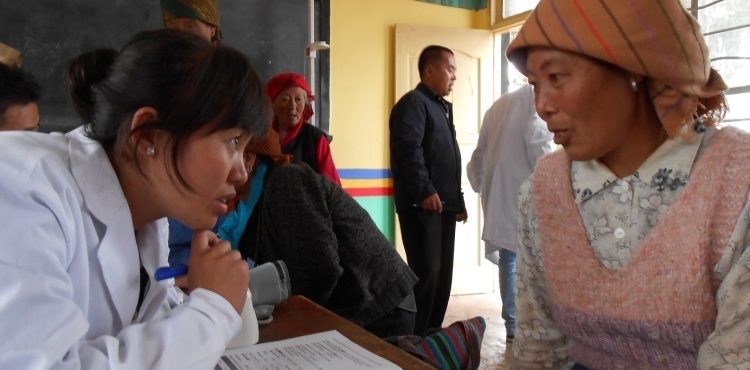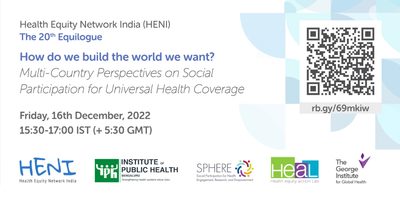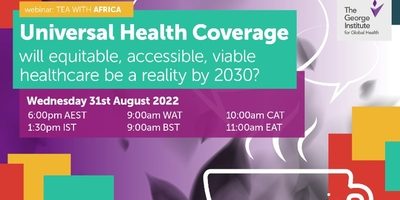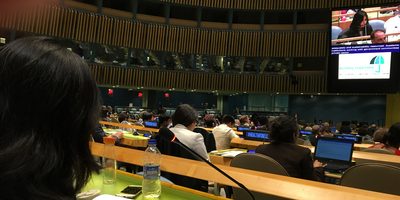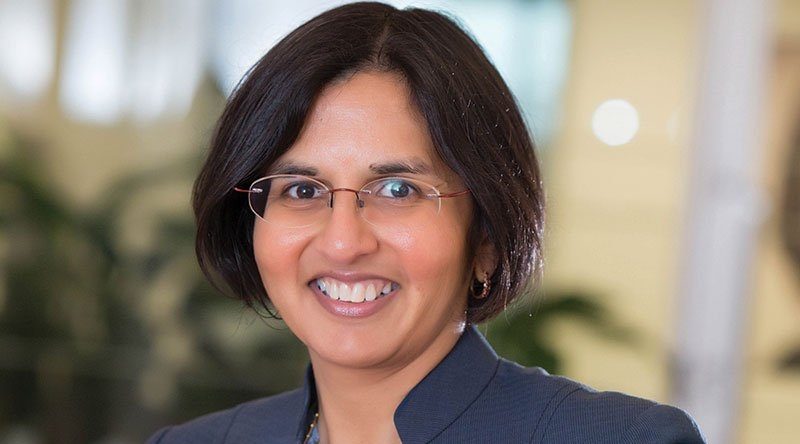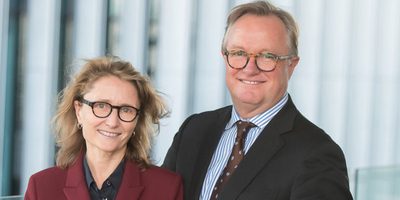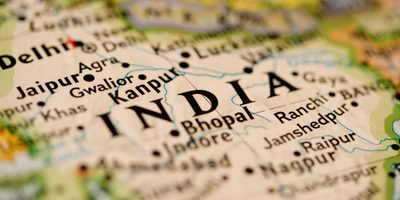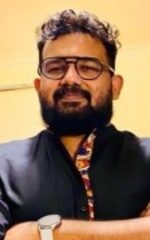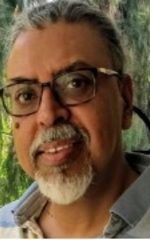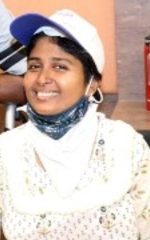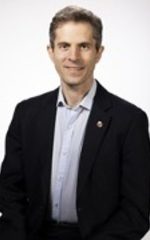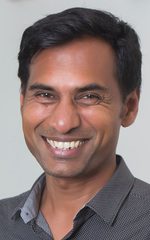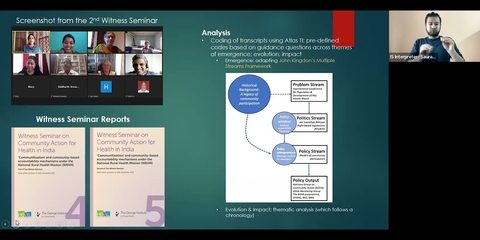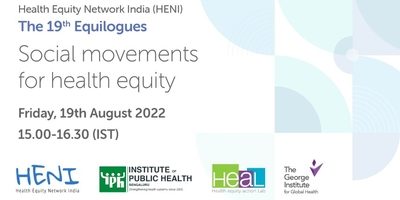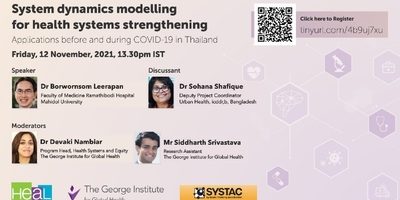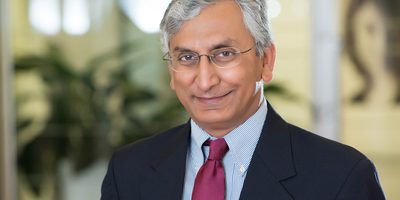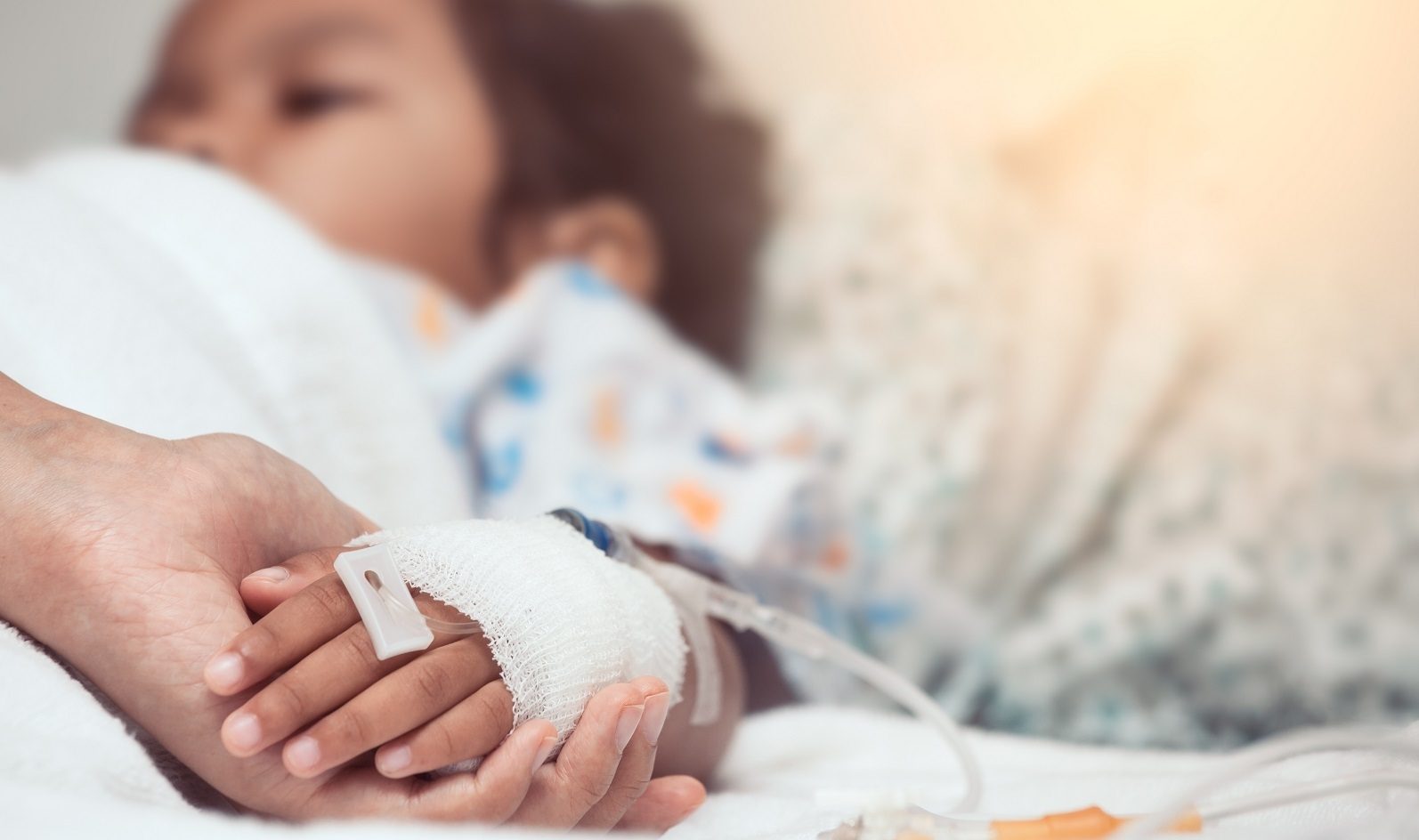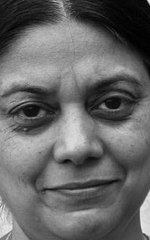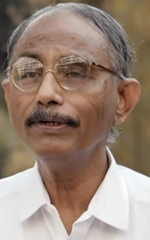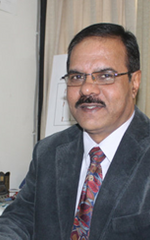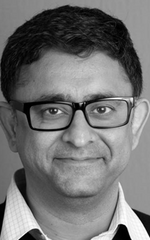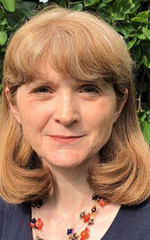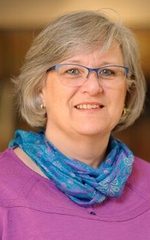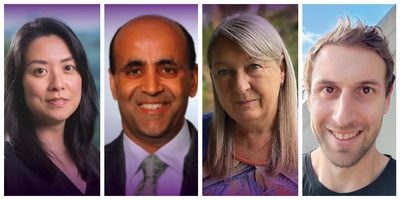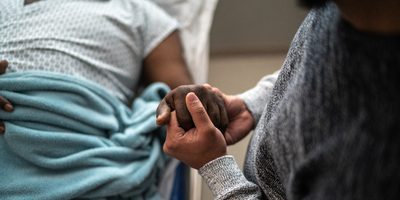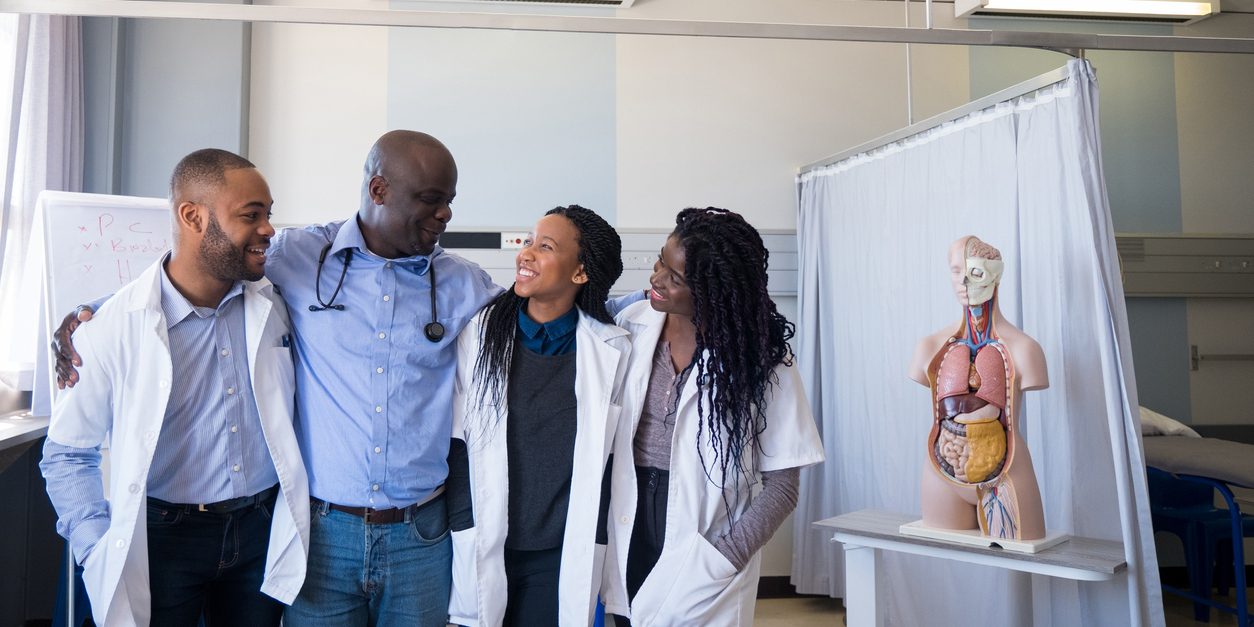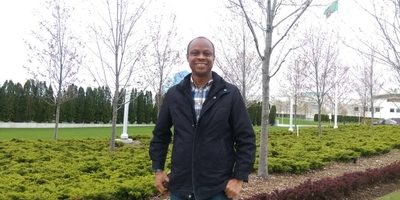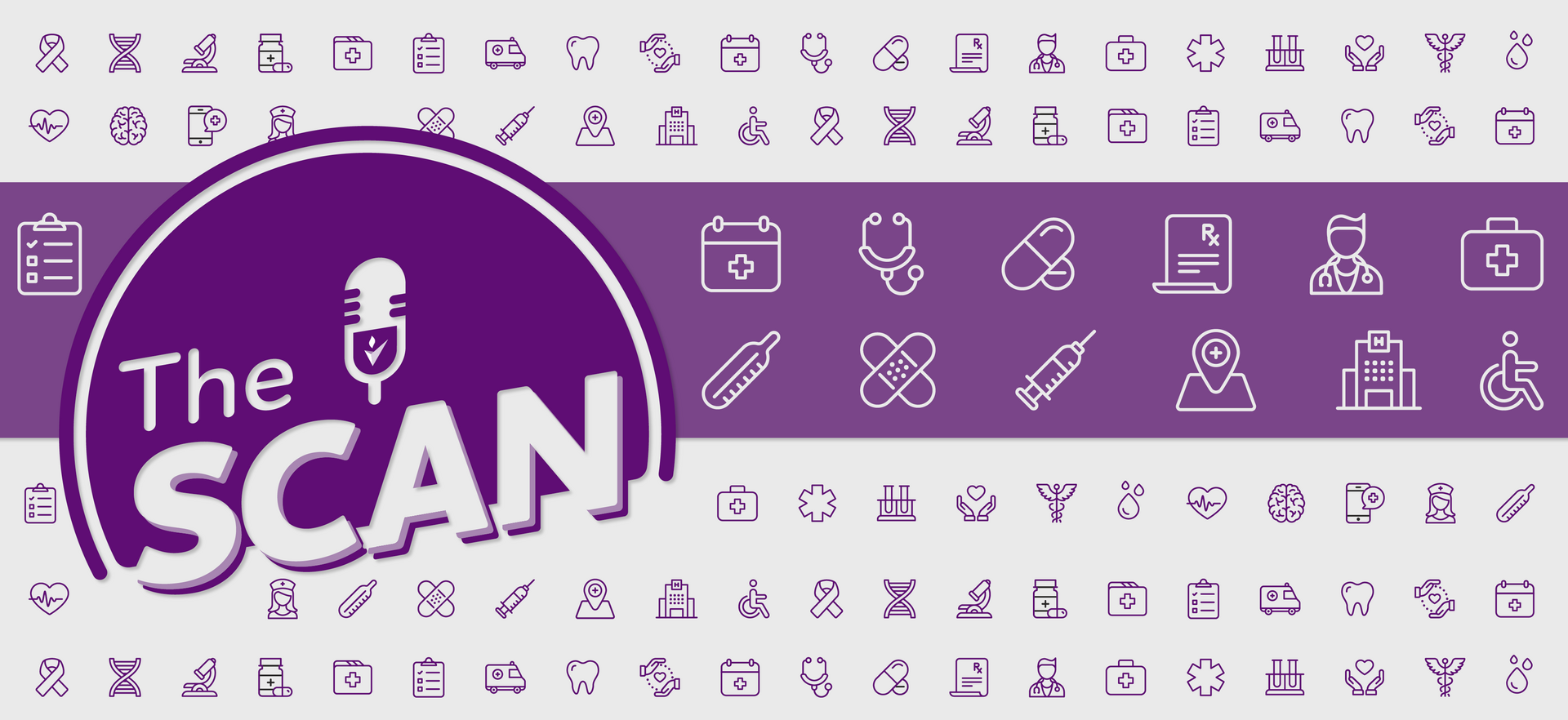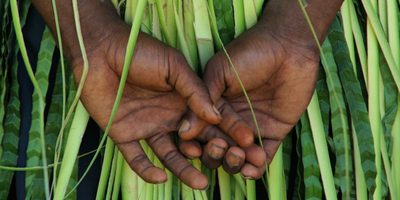Associate Professor and Waljen woman Tamara Mackean from the Guunu-manaa (Heal) Aboriginal and Torres Strait Islander Health Program at The George Institute has been successful in securing funding for a five-year project to reform the development and delivery of hospital care for Aboriginal and Torres Strait Islander peoples by addressing implicit bias and institutional racism within Australian hospitals.
The Australian Government’s NHMRC Synergy Grants round supports outstanding multidisciplinary teams of investigators to work together to answer major questions that cannot be answered by a single investigator with funding of $5million over five years.
Associate Professor Mackean is leading the collaboration between Aboriginal and Torres Strait Islander and non-Indigenous researchers to understand and address the complex dynamics of racism, implicit bias and colonisation which significantly impact the health and wellbeing of Aboriginal and Torres Strait Islander people and families.
In recent decades, racism has been clearly identified as a determinant of health and wellbeing for Aboriginal and Torres Strait Islander people. Not only does racism cause detrimental impact on health and wellbeing it also significantly affects access to, and quality of health care services.
Inequities in health outcomes and access to hospital care are persistent, with Aboriginal and Torres Strait Islander people experiencing 2.3 times the rate of disease burden compared to non-Indigenous Australians.
Data on hospitalisations between July 2015 and June 2017 showed there were also as many as 69 preventable hospitalisations per 1,000 Aboriginal and Torres Strait Islander people compared with 26 per 1,000 non-Indigenous Australians.
The impacts of racism are severe and traumatic, not only for Aboriginal and Torres Strait Islander patients and families, but also for staff working in Australian hospitals.
The project centres Indigenous ways of knowing, being and doing and combines multiple theories, including decolonisation, cultural safety, quality care and implementation science, to determine how Local Health Networks and Districts (LHN&D) in Australia can cultivate anti-racists hospitals.
It will provide much needed new knowledge on assessing change readiness in Local Health Networks and Districts to undertake actions to redress racism in hospital care. The project will also provide much needed evidence on the implementation of hospital service and hospital organisational actions aimed at improving health care quality and access for Aboriginal and Torres Strait Islander people and communities.
“This project is focussed on structural reform as a necessary part of healing for Aboriginal and Torres Strait Islander people and families who have suffered ongoing trauma and injustice within the health system,” said Tamara.
“Our diverse team will contribute to the development of research that acknowledges and respects working at the knowledge interface by bringing Aboriginal and Torres Strait Islander knowledge of health and healing alongside Western biomedical knowledge to produce new meaning based on mutual respect,” she added.


